Say goodbye to kidney stone pain with these 7 expert diet tips
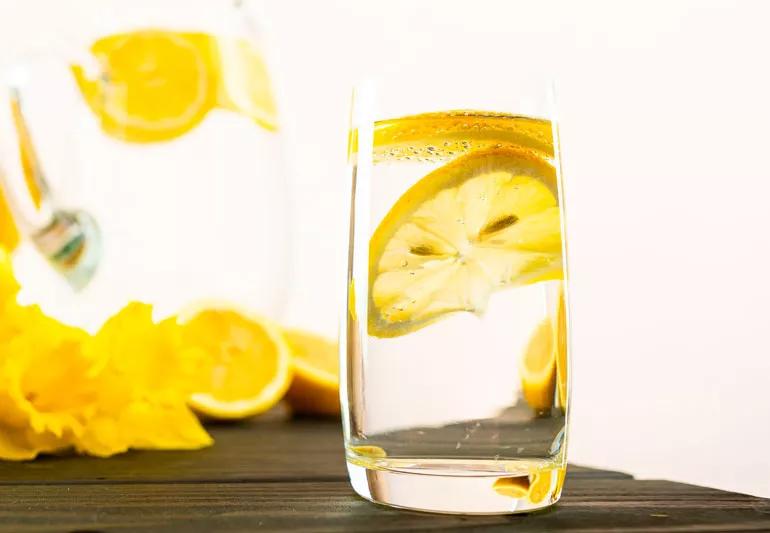
Passing a kidney stone can feel as intense as labor pains minus the adorable bundle of joy. If you’ve gone through it, you’re probably eager to prevent it from happening again. The good news is that your diet can make a big difference.
Cleveland Clinic is a non-profit academic medical center. Advertising on our site helps support our mission. We do not endorse non-Cleveland Clinic products or services. Policy
“Medications, genetic disorders and medical conditions can all play a role in stone formation,” says urologist Smita De, MD, PhD. “But diet is a critical component for most patients.”
The best diet to avoid kidney stones varies depending on the type of stone a patient makes since each has different risk factors. There are four main kinds of kidney stones, but the most common are calcium oxalate stones.
Health issues, such as diabetes or osteoporosis, can also affect stone development and dietary recommendations. So it’s essential to consider these factors when developing the best kidney stone diet plan for you.
But these seven general guidelines are good for most people who’ve had stones, says Dr. De.
When urine is concentrated, waste products in fluid start to crystalize. The best way to combat that is to drink more fluids to water down your pee. “Most people are way more dehydrated than they think they are,” says Dr. De. “They’re not drinking nearly enough fluid.”
Aim for at least 2.5 liters of liquid a day. That’s about 10 cups. Water is the healthiest choice, but most beverages — including coffee and alcohol — count.
The exceptions? Sugary drinks like punch and cola, which research suggests may increase your risk of kidney stones. Also, some types of teas may not be the best depending on your type of stones.
People with calcium oxalate stones often think they have to cut out dairy. That’s very rarely the case, says Dr. De. “You need calcium in your diet to support strong bones and muscles. What causes an issue is if you’re taking large amounts of calcium supplements.”
Try to meet your calcium needs through food rather than supplements unless your doctor recommends otherwise.
Higher salt levels in urine promote stone formation. “American diets are terrible when it comes to salt intake, and it’s not just a matter of people adding salt to foods,” says Dr. De. “Many foods we eat contain a large amount of sodium.”
Dr. De says it’s surprising how much salt is in even healthy foods. “For example, low-fat cottage cheese has one-third of your daily salt in it.”
Limit your salt to 1,500 to 2,000 milligrams a day. That’s about a half teaspoon of salt. In addition to not salting your food, pay attention to how much sodium is in prepared foods, including:
Lemon and lime juice serve as kryptonite for certain types of kidney stones. They contain citrate, which both neutralizes acid in urine and can stop calcium stones from forming.
“For example, uric acid crystals form and turn into stones in an acidic environment,” Dr. De explains. “So if your urine is alkaline [the opposite of acidic], then uric stones won’t form, and you can actually dissolve uric acid stones with high doses of citrate.”
Add lemon or lime into your water whenever you can. Aim for getting a total of a half cup of lemon or lime juice concentrate into your drinking water over the course of a day.
Some common supplements — like vitamin C, turmeric and calcium — can increase your risk for kidney stones. Others like fish oil and vitamin B6 can help reduce your chance of getting them.
Discuss supplements with your doctor before taking them to make sure they won’t lead to stone formation.
Your doctor may recommend more dietary changes for you based on stone type and the results of a 24-hour urine test to determine your urine composition — basically, what your urine is made of.
If you have high oxalate content in your urine, for instance, your doctor may advise staying away from oxalate-rich foods like rhubarb and spinach. Or they may recommend eating those foods with dairy, as the calcium from milk products binds to oxalates and forces them into your feces rather than urine.
“Oxalate is in a lot of really healthy foods like greens, vegetables, beans and nuts,” says Dr. De. “So we would only restrict them after examining a patient’s stone type and urine test results.”
If you have kidney stones, reducing meat in your diet is a good idea, says Dr. De. Animal protein can lead to increased amounts of acid in urine. A high level of acid promotes the crystallization of compounds in your pee that can turn into stones.
High amounts of animal protein can also reduce citrate in your urine, which — as noted above — helps prevent stone formation.
You don’t have to strike meat from your grocery list entirely, but try to scale back. That means limiting:
Diet changes can make a big impact on the formation of kidney stones. It’s the first line of defense — and can be a very effective one — against kidney stone formation.
So with a few dietary adjustments, you may be able to ban kidney stones for life. (What a happy thought!)
Learn more about our editorial process.
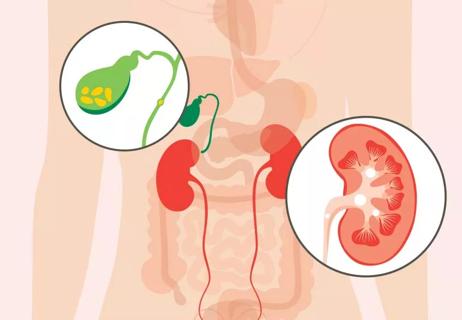
One is related to your urinary system, while the other is related to your digestive system
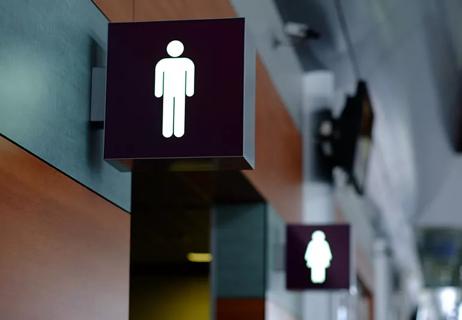
An overactive bladder, UTI, kidney stones or an enlarged prostate can affect how you urinate
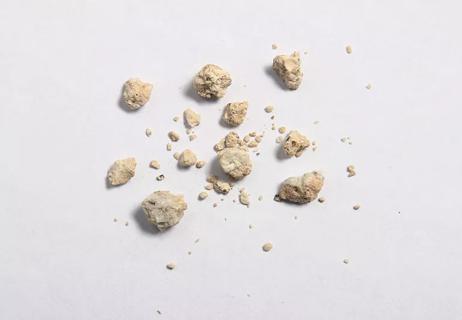
Make these lifestyle changes to help prevent kidney stones

Why kidney stones in kids are on the rise (and what to watch for)

Here’s how to tell if you’re experiencing a kidney stone
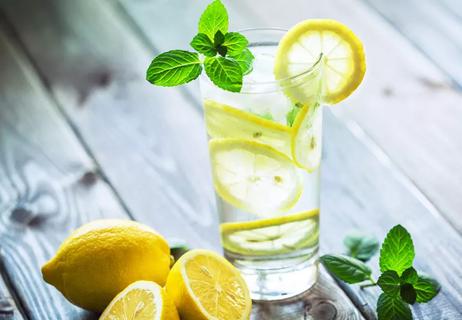
An expert explains a complicated relationship
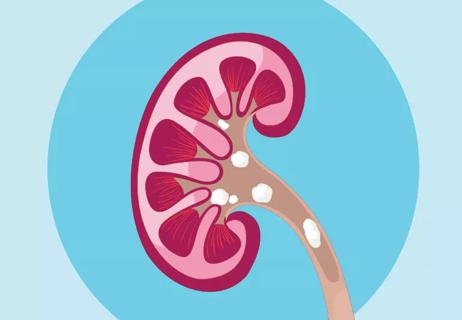
With warmer temps and increased physical activity, winter stones can begin to travel
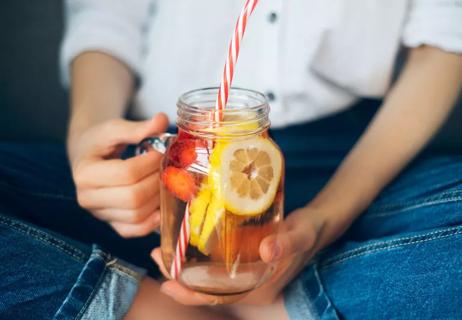
6 tips to lower your risk

Your metabolism may torch 1,300 to 2,000 calories daily with no activity

A gentle touch in all the right places may help drain your sinuses